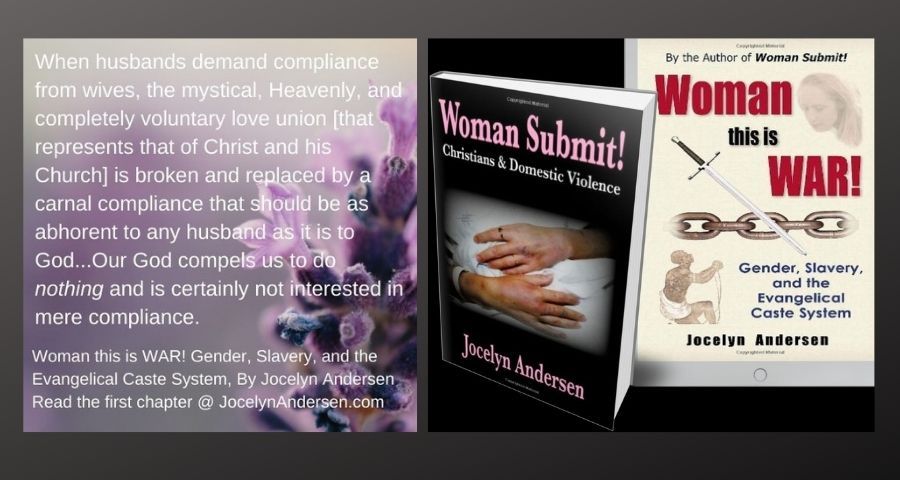This week is the eighth anniversary of the Seneca Falls 2 Christian Women's Rights Convention, held in Orlando, FL in 2010, where a group of Christian women and men gained some infamy for issuing a demand that the inventors of complementarianism, the Council on Biblical Manhood and Womanhood (CBMW), apologize for the Danvers Statement (the document that defines complementarianism) and the harmful effect it has had on so many men, women, and children.
The Apology Demand was issued via video, from the Seneca Falls 2 Christian Women's Rights Convention, read by Shirley Taylor of Baptist Women for Equality] and then a written and signed copy was sent via FedEx to the headquarters of CBMW, addressed to the president and vice president of the organization. Although the tracking numbers are no longer valid, the delivery was tracked through FedEx, with the numbers posted on the Woman Submit! blog where it was confirmed that the envelope containing the demand did arrive and was signed for at its destination.
The Apology Demand produced ripples in the pond of the Christian community that are still being felt, today. The conference stirred up the Baptists [which headquarter CBMW]. So much so, that the Baptist News Global kept news of it on the front page of their website [in either headline or sidebar] for approximately 2 weeks.
The Apology Demand produced ripples in the pond of the Christian community that are still being felt, today. The conference stirred up the Baptists [which headquarter CBMW]. So much so, that the Baptist News Global kept news of it on the front page of their website [in either headline or sidebar] for approximately 2 weeks.
Prominent Baptist theologian, and complementarian leader, Al Mohler, tweeted his response to the Apology Demand on June 30, 2010, stating that he found it "interesting" and he believed the group seemed to be "confused."
Many considered Mohler's assessment questionable at the time, and considering that complementarianism is on trial right now, with leaders of the movement distancing themselves from it by changing the name from complementarian (coined by CBMW in 1988) to complementarity, apparently coined by Andrew Wilson at his "Future of Complementarity" conference.
The apology, of course, has never come.
Read it Free with Kindle Unlimited



